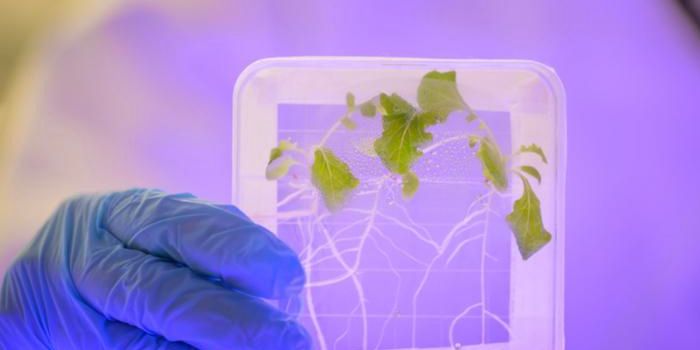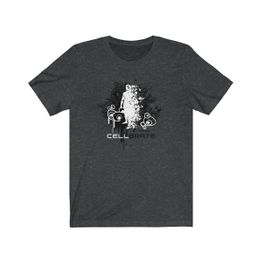Malaria is caused by the protozoan parasite Plasmodium falciparum. The parasite enters red blood cells, eventually causing them to burst (and that’s never a good thing). The parasites are pretty clever when it comes to entering our cells. They secrete a receptor protein called rhoptry neck protein 2 (RON2) onto the surface of the red blood cell. Then, they express a surface protein called apical membrane antigen 1 (AMA1) that binds to the RON2L portion of RON2. Voila! The parasite is attached to the red blood cell!
There are already some experimental vaccines for malaria that contain the AMA1 protein. These vaccines do produce an antibody response in humans, but they have not been very effective in field trials. In an effort to make a better malaria vaccine, NIAID researchers added RON2L to the vaccine, along with AMA1. Then, they tested the new vaccine in Aotus monkeys.
They randomized the monkeys into three groups - an adjuvant control, and AMA1 vaccine group, and an AMA1/RON2L vaccine group. The animals received three doses of their respective vaccines, and after four weeks, they were infected with P. falciparum.
As expected, all of the animals in the control group tested positive for P. falciparum and were treated for parasitemia. All of the animals vaccinated with AMA1 tested positive for P. falciparum, but only 50% of the animals vaccinated with AMA1/RON2L tested positive for the parasite!
Next, they investigated the vaccine-induced antibody response. The levels of AMA1-specific antibody were similar between the AMA1 vaccine and AMA1/RON2L vaccine groups. They hypothesized that the AMA1/RON2L vaccine may induce the production of better quality AMA-1 antibodies.
To test this, they used a growth-inhibition assay to measure the parasite-neutralizing activity of the antibodies. IgG that was purified from the AMA1/RON2L vaccine group neutralized more parasites than IgG from the AMA1-only group.
Next, they investigated whether antibodies that blocked the interaction between AMA1 and RON2L correlated with protection. As expected, the level of blocking antibodies was much higher in animals vaccinated with AMA1/RON2L.
Finally, they determined whether the AMA1/RON2L vaccine could protect animals from other strains of P. falciparum. Sure enough, IgG from animals that received the AMA1/RON2L vaccine neutralized 3D7 and GB4 strain parasites better than IgG from animals that received the AMA1 vaccine.
Sources: Nature and Science Daily
-
MAY 07, 2024Is It Anti-RNP or Anti-Sm/RNP?
-
MAY 08, 2024Expand your Multiomic Capabilities with RNAscope™
- See More
-
APR 30, 2024Immuno-Oncology Virtual Event Series 2024
-
MAY 07, 20243rd International Biosecurity Virtual Symposium
-
MAY 23, 2024For the Love of Digital PCR 2024
- See More


















































